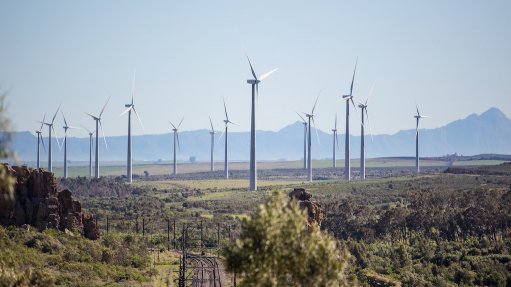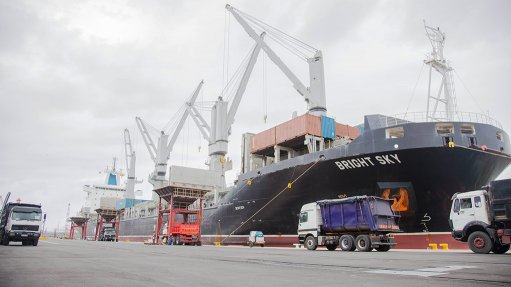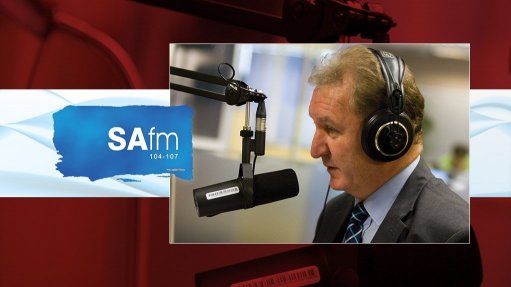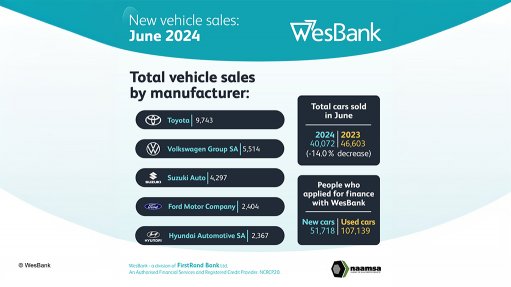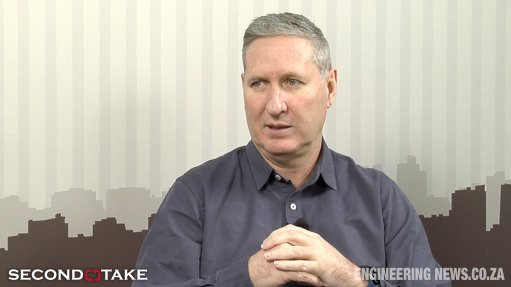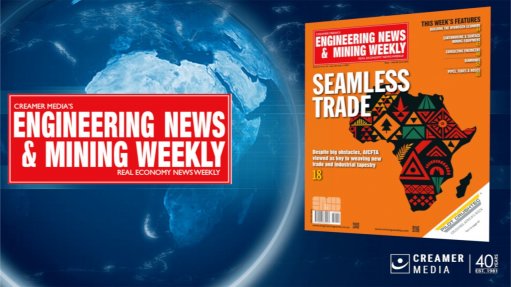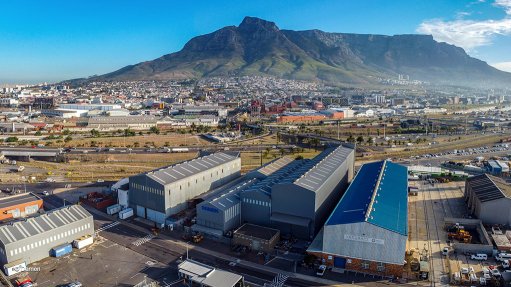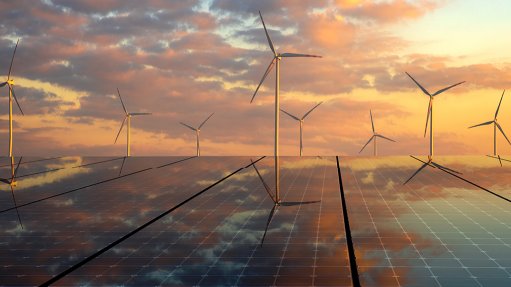Supply-side support will be required if South Africa aims to join green industrialisation race
Stable demand remains a prerequisite if South Africa has any prospect of stimulating industrialisation in the renewable-energy and battery storage value chains, Trade & Industrial Policy Strategies (TIPS) senior economist Gaylor Montmasson-Clair has reiterated.
But absent complementary supply-side measures – including tax and financial incentives, as well as an active trade policy – the country will struggle to attract green manufacturing investment in what is now a highly competitive global environment.
In fact, Montmasson-Clair, who is also facilitator of the yet-to-be-launched South African Renewable Energy Masterplan (SAREM), counsels that South Africa will have to prepare a compelling investment case if it is to emerge as a market participant – one that cannot rely solely on rising demand for solar panels, wind turbines and batteries, nor on the country’s natural resource advantages and its current relative attractiveness as a manufacturing location when compared with its peers.
Speaking during a TIPS event on the potential for greening South Africa’s industrial policy, he noted the significant support already being advanced to green industries in other developed and emerging economies, saying: “Fair or not, this is the situation, and we have to deal with it”.
Describing the industrial potential of the energy transition as a “once-in-a-century opportunity” Montmasson-Clair lamented the country’s failure, to date, to match rising demand with growing domestic supply, highlighting the recent surge in the import of solar panels, lithium-ion batteries and inverters.
He also stressed that many of the immediate and medium-term localisation opportunities did not necessarily reside in seeking to produce those high-profile products domestically, but rather in supplying key materials and components into those value chains, including through the development of relationships with multinational original equipment manufacturers.
South Africa already had “an existing ecosystem of manufacturers” that were well positioned to supply value-added mineral products, such as manganese metal or vanadium pentoxide, as well as key components, including mounting structures and trackers, step-up transformers, wind-tower internals, concrete and steel towers, medium- voltage cables, primary steel, assembled solar modules and inverters.
Should those “big wins” be made, there was potential over the medium term to add various other components and systems and even to consider pursuing niche opportunities in “high stakes, high reward” areas such as battery cell manufacture or turbine blades.
Stable yearly demand of between 3 GW and 5 GW was “a fundamental prerequisite” for any industrial development, while avoiding the ‘stop-start’ patterns that had bedevilled South Africa’s renewables roll-out between 2014 and 2020.
“However, ambitious supply-side support is also paramount to enhance the competitiveness of locally manufactured products.”
He stressed that price and quality competitiveness had become even more important in light of the renewables market’s shift from public to private procurement, while underlining the need for both markets to remain active to facilitate a “smoother demand profile”.
There was also a need for public procurement to integrate more ambitious, yet realistic, localisation objectives and for increased engagement with large private procurers of renewable energy to consider ways to increase their appetite for and commitment to local content.
Here, Montmasson-Clair said industrial policy could play a key role in increasing the competitiveness of manufacturers by extending tax incentives to “greentech” companies; improving the value proposition of special economic zones, including through improved customs clearance or introducing zero-rated value- added tax; and by using trade instruments to exempt certain key inputs from duties, to protect strategic products and to prevent the entry of substandard products.
He reported that the SAREM process, which included government, business and labour targets and commitments, had been completed and he expressed optimism that government approvals would be secured soon to enable its launch.
Comments
Press Office
Announcements
What's On
Subscribe to improve your user experience...
Option 1 (equivalent of R125 a month):
Receive a weekly copy of Creamer Media's Engineering News & Mining Weekly magazine
(print copy for those in South Africa and e-magazine for those outside of South Africa)
Receive daily email newsletters
Access to full search results
Access archive of magazine back copies
Access to Projects in Progress
Access to ONE Research Report of your choice in PDF format
Option 2 (equivalent of R375 a month):
All benefits from Option 1
PLUS
Access to Creamer Media's Research Channel Africa for ALL Research Reports, in PDF format, on various industrial and mining sectors
including Electricity; Water; Energy Transition; Hydrogen; Roads, Rail and Ports; Coal; Gold; Platinum; Battery Metals; etc.
Already a subscriber?
Forgotten your password?
Receive weekly copy of Creamer Media's Engineering News & Mining Weekly magazine (print copy for those in South Africa and e-magazine for those outside of South Africa)
➕
Recieve daily email newsletters
➕
Access to full search results
➕
Access archive of magazine back copies
➕
Access to Projects in Progress
➕
Access to ONE Research Report of your choice in PDF format
RESEARCH CHANNEL AFRICA
R4500 (equivalent of R375 a month)
SUBSCRIBEAll benefits from Option 1
➕
Access to Creamer Media's Research Channel Africa for ALL Research Reports on various industrial and mining sectors, in PDF format, including on:
Electricity
➕
Water
➕
Energy Transition
➕
Hydrogen
➕
Roads, Rail and Ports
➕
Coal
➕
Gold
➕
Platinum
➕
Battery Metals
➕
etc.
Receive all benefits from Option 1 or Option 2 delivered to numerous people at your company
➕
Multiple User names and Passwords for simultaneous log-ins
➕
Intranet integration access to all in your organisation









